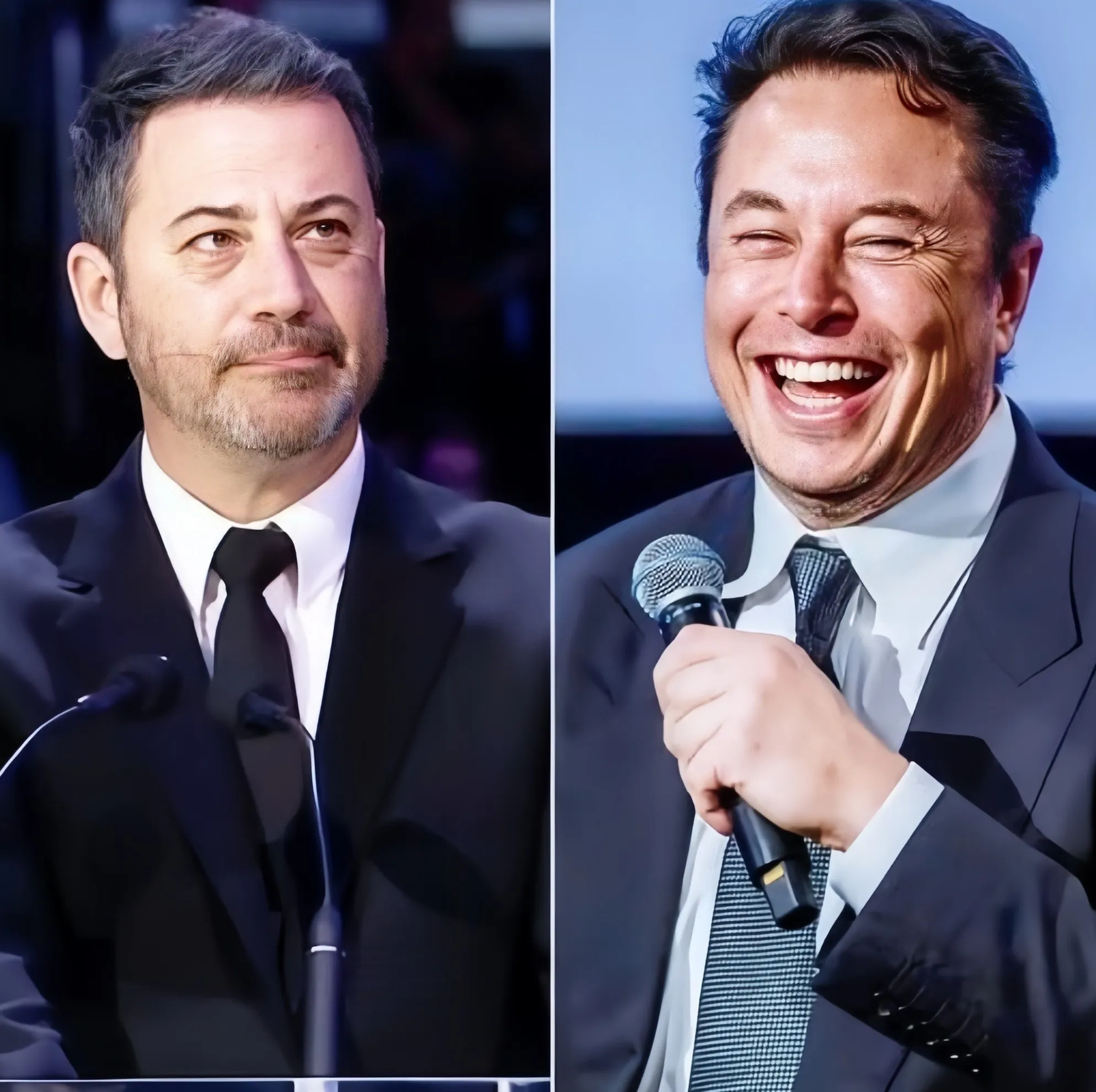
Elon Musk has ignited heated discussions on social media following his recent statements regarding the participation of male athletes in women’s sports and the need for stricter measures against cheating. The billionaire entrepreneur, known for his unfiltered opinions, sparked controversy after tweeting his thoughts on these sensitive topics. His remarks quickly divided public opinion, with supporters and critics alike weighing in on the debate.
Musk’s comments addressed growing concerns about fairness and integrity in competitive sports. He argued that allowing male athletes to compete in women’s categories undermines the principle of fair play. Musk further emphasized that this issue threatens to erode trust in the competitive process, potentially discouraging women from participating in sports altogether. His statement called for a boycott of events where such policies are enforced, claiming that this was a necessary step to preserve the integrity of women’s competitions.
The conversation gained momentum as Musk’s followers and critics engaged in heated exchanges. Supporters praised his stance, arguing that the inclusion of male athletes in women’s sports creates an uneven playing field. Many expressed frustration over policies they believe fail to protect the interests of female athletes. Some even highlighted instances where biological differences have given male athletes an undeniable advantage, citing these cases as evidence of systemic unfairness.
Opponents of Musk’s position, however, accused him of being dismissive of transgender athletes and their right to participate in sports. Critics argued that his approach lacked empathy and failed to consider the complexities of gender identity. They emphasized the importance of creating inclusive environments where athletes of all backgrounds feel accepted and valued. Some also accused Musk of using his platform to fuel divisive rhetoric rather than fostering constructive dialogue.

In addition to his comments on male athletes in women’s sports, Musk addressed the issue of cheating in competitive sports. He called for tougher penalties for athletes found guilty of violating the rules, arguing that lenient consequences only encourage further misconduct. Musk’s suggestion included harsher suspensions and permanent bans for repeat offenders, measures he believes would deter unethical behavior and restore faith in athletic competitions.
Musk’s stance on cheating received widespread support, particularly from those who feel current disciplinary measures are insufficient. Many cited high-profile scandals where athletes faced minimal repercussions despite engaging in blatant rule violations. Supporters argued that implementing stricter penalties would send a clear message that cheating will not be tolerated, thereby promoting a culture of accountability and fairness.
Conversely, critics of Musk’s proposal cautioned against overly punitive measures, warning that harsh punishments could have unintended consequences. Some argued that the focus should be on education and prevention rather than retribution, emphasizing the need for systems that address the root causes of cheating. Others questioned Musk’s qualifications to weigh in on such complex issues, suggesting that his statements oversimplify the challenges faced by governing bodies in sports.
The timing of Musk’s remarks has also drawn attention, as debates over the inclusion of transgender athletes and the enforcement of anti-cheating policies continue to escalate globally. Advocacy groups and sports organizations are grappling with the challenge of balancing inclusivity and fairness, often finding themselves at odds with public opinion. Musk’s comments have amplified these discussions, prompting renewed calls for transparent and equitable solutions.
Some observers noted that Musk’s involvement in the debate reflects a broader trend of influential figures using their platforms to voice opinions on contentious issues. While this can help bring attention to important topics, it also risks polarizing audiences and overshadowing nuanced discussions. Musk’s polarizing personality has often been a double-edged sword, enabling him to spotlight critical issues while simultaneously drawing criticism for his blunt and provocative style.
Despite the controversy, Musk’s statements have undeniably sparked widespread interest in the future of sports policies. His call to action has resonated with individuals advocating for fair competition and stricter enforcement of rules, while also serving as a rallying point for those championing inclusion and acceptance. The debate underscores the broader societal tensions between tradition and progress, fairness and inclusivity, and accountability and compassion.

As the discourse continues to unfold, sports organizations face mounting pressure to address these complex issues with care and precision. Decisions made in response to these challenges will likely shape the landscape of competitive sports for years to come. Whether Musk’s bold statements serve as a catalyst for meaningful change or merely add fuel to an already heated debate remains to be seen.
In the meantime, Musk has shown no signs of backing down, doubling down on his assertions in subsequent tweets. His ongoing engagement with the topic suggests that he views it as a matter of principle rather than mere opinion. While his critics may dismiss his views as divisive or uninformed, his supporters argue that his willingness to speak out reflects a commitment to fairness and integrity.
This unfolding debate highlights the complexities of navigating modern sports policies in an era defined by rapid social and cultural change. As the world watches, stakeholders from all sides must grapple with the difficult task of balancing competing interests while striving for a more equitable and just playing field for all.



